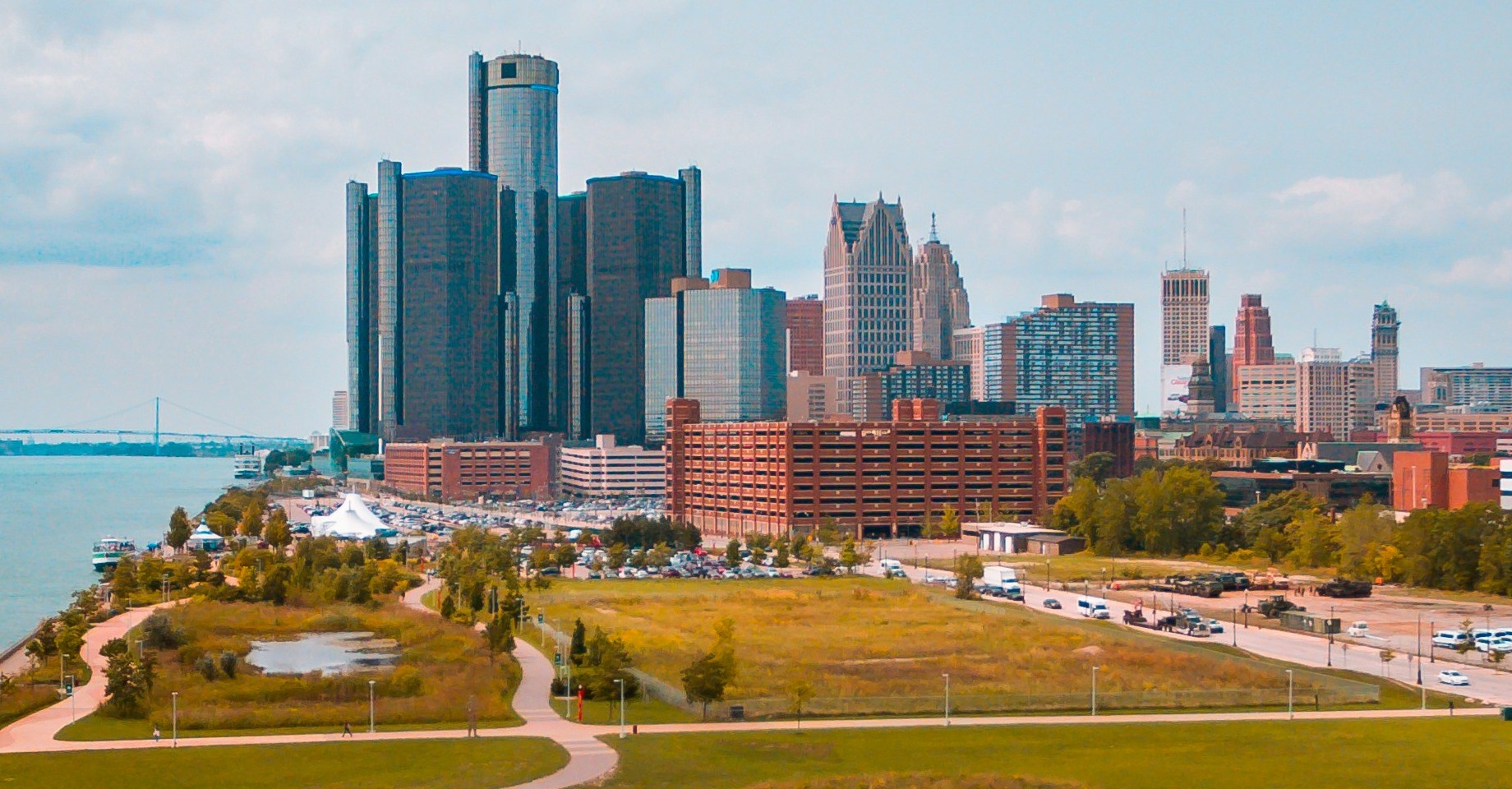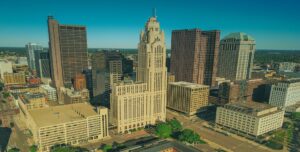What’s New in Michigan:
Michigan’s Statewide Housing Plan was developed in 2022 to address the lack of affordable, accessible, and attainable housing options throughout various communities. Since then, partnerships with the state and national development teams have made a substantial effort to diversify the state’s real estate landscape with student housing, multifamily, and industrial projects moving swiftly through the pipeline. Positively influencing various new economic opportunities, take a look at the latest developments shaping the state’s future in 2024:
Norwegian-based Nel Hydrogen Developing Research and Manufacturing Facility in Michigan
Plymouth Charter Township in Lansing will soon become a research and manufacturing hub for Norwegian-based renewable energy company Nel Hydrogen. After receiving $1B in funding from the U.S. Department of Clean Energy (DOE), the new gigafactory is projected to create up to 13,6000 clean energy-related jobs in Michigan, underscoring the state’s efforts towards sustainability. While the project has secured capital and support from Plymouth Charter Township, preliminary schematics have yet to be released.
Subtext Plans for Ann Arbor Development to Meet 2024 Student Housing Demands
Subtext, a prominent St. Louis-based developer, plans to build a 1500-bed luxury apartment building on 28 lots, replacing several historic homes between Packard and Madison Street. Collaborating with architect J Bradley Moore, the building will include a 12-story rectangular complex with a courtyard interior, a parking garage, and a rooftop pool. It’s designed to complement the University of Michigan’s goal of expanding student housing opportunities. This building will represent Subtext’s fourth build in Ann Arbor to date and is expected to complete pre-development by Q1 of 2024.
Ford Motor Company Revitalizes Michigan Central Train Station after 110 Years of Closed Doors
Michigan Central Train Station, an iconic historical landmark in Detroit’s Corktown neighborhood, was once a centralized hub for commuters until it closed its doors in January 1988. Since then, the old structure remained vacant with several plans for redevelopment and revitalization. Ford Motor Company proposed a restoration of the facility in 2018 and has since worked on transforming it into a 1.2-million-square-foot mixed-use concept with modern workspaces, maker labs, and high-tech connected infrastructure. Ford’s vision for Michigan Central includes a place where mobility enthusiasts can collaborate to develop, test, and launch innovative transportation solutions. Projected to open its doors in 2024, Michigan Central will now serve as another historical landmark for the new age of technology.



